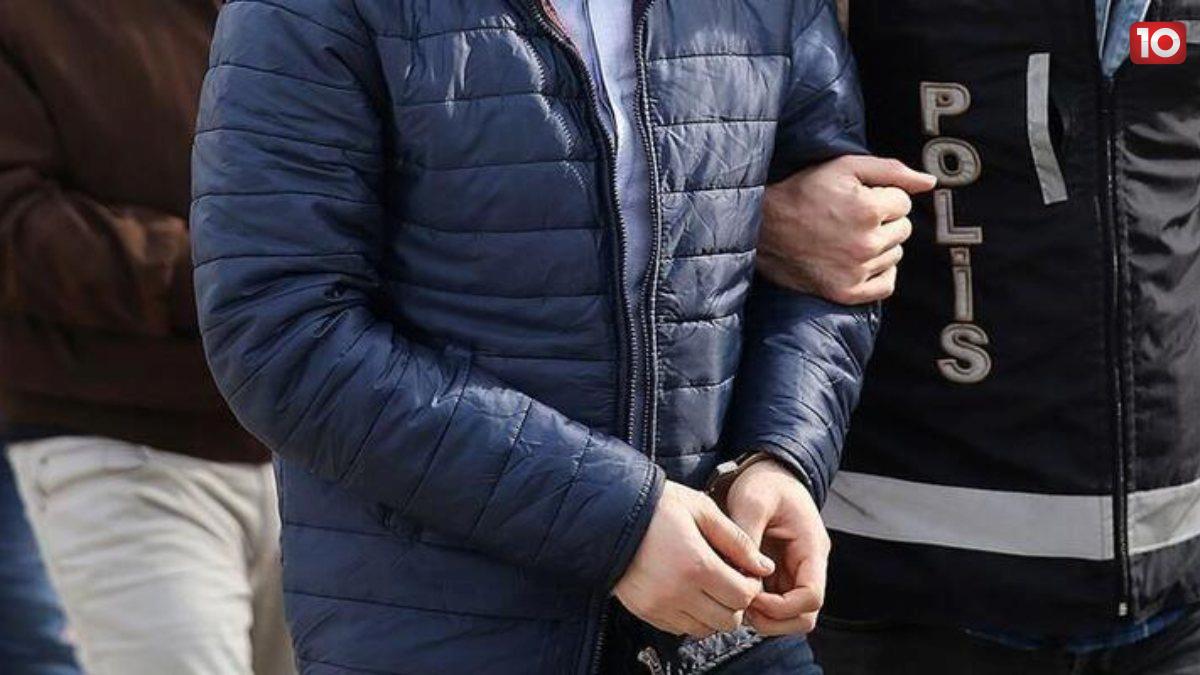Turkish police have detained 34 people across 19 provinces over their alleged links to the Gülen movement, a faith-based group targeted by the government, Turkey’s interior minister, Ali Yerlikaya, announced on X on Thursday.
FETÖ'YE YÖNELİK OPERASYONLARIMIZ KARARLILIKLA DEVAM EDİYOR
ilde FETÖ’ye yönelik düzenlenen “KISKAÇ-26” operasyonlarında
şüpheli yakalandı
Aziz Milletimizin Bilmesini İsterim ki;
FETÖ’cülere göz açtırmayacağız. Terör örgütleri ve onların iş birlikçilerine karşı… pic.twitter.com/49CbFaArih— Ali Yerlikaya (@AliYerlikaya) September 5, 2024
The detentions were carried out as part of raids conducted in the provinces of Adana, Amasya, Ankara, Antalya, Aksaray, Bursa, Edirne, Erzurum, Eskişehir, Gaziantep, Hatay, İstanbul, İzmir, Kayseri, Kahramanmaraş, Kırşehir, Muğla, Tokat and Trabzon.
Yerlikaya said the detainees included suspects who were involved in the movement’s alleged infiltration of the military as well as people who were determined to have used the ByLock messaging application or were accused of having secretly communicated with their contacts within the movement via pay phones. Also detained were individuals whose convictions due to Gülen links were upheld by the Supreme Court of Appeals and were at large.
ByLock, once widely available online, has been considered a secret tool of communication among supporters of the Gülen movement, a faith-based group outlawed by Ankara since a coup attempt on July 15, 2016, despite the lack of any evidence that ByLock messages were related to the abortive putsch.
The so-called “pay phone investigations” are based on call records. The prosecutors assume that a member of the Gülen movement used the same pay phone to call all his contacts consecutively. Based on that assumption, when an alleged member of the movement is found in call records, it is assumed that other numbers called right before or after that call also belong to people with Gülen links.
The Gülen movement, inspired by Turkish cleric Fethullah Gülen, is accused by the Turkish government and President Recep Tayyip Erdoğan of masterminding the failed coup and is labeled a “terrorist organization,” although the movement denies involvement in the coup attempt or any terrorist activity.
Erdoğan has been targeting followers of the Gülen movement since the corruption investigations of December 17-25, 2013, which implicated then-prime minister Erdoğan, his family members and his inner circle.
Dismissing the investigations as a Gülenist coup and conspiracy against his government, Erdoğan designated the movement as a terrorist organization and began to target its members. He intensified the crackdown on the movement following the abortive putsch in 2016 that he accused Gülen of masterminding. Gülen and the movement strongly deny involvement in the coup attempt or any terrorist activity.
In addition to the thousands who were jailed, scores of other Gülen movement followers had to flee Turkey to avoid the government crackdown.
Turkish authorities routinely rely on witness statements as evidence to identify and prosecute members of the group.
The defendants in the trials against the movement are often encouraged to benefit from the country’s repentance laws allowing for reduced penalties in exchange for denouncing other members of the group.
In recent years, there have also been many reports about the alleged use of torture and ill-treatment in custody to coerce detainees into becoming informants and incriminating others.






